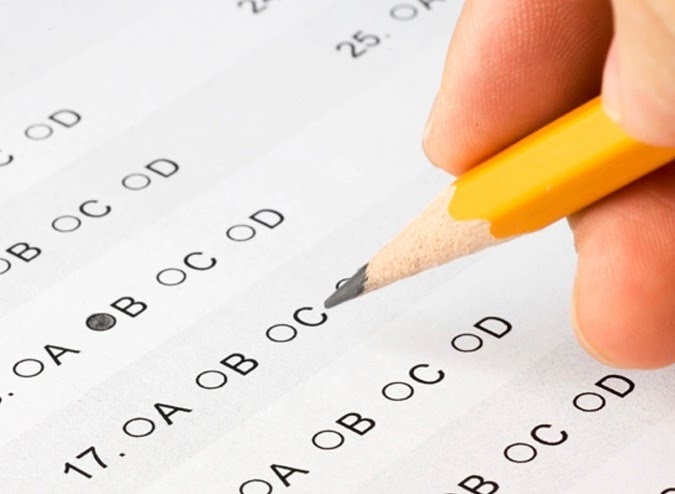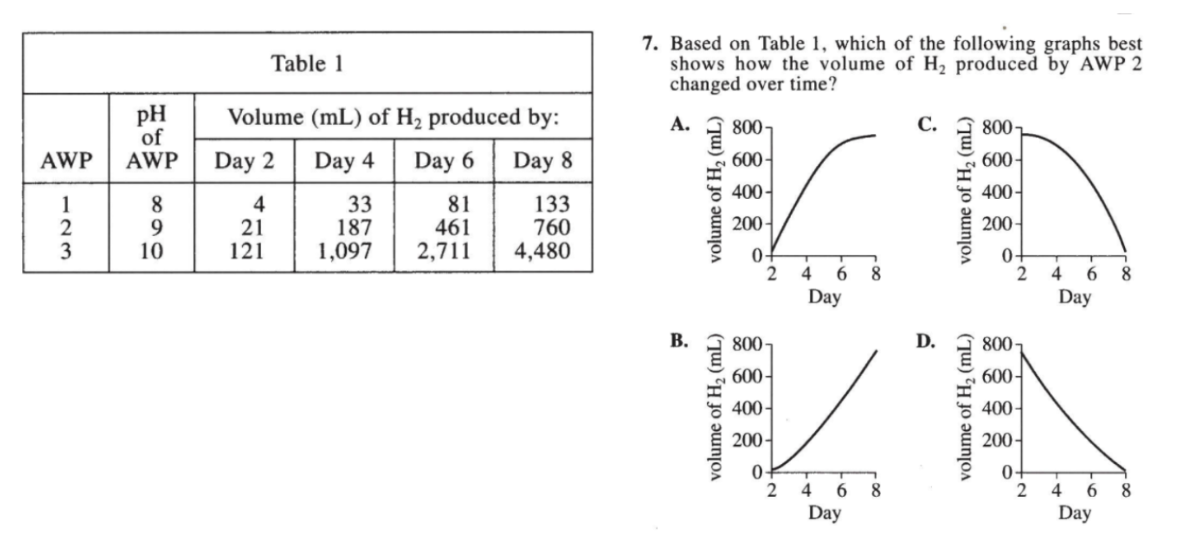
To SAT? Or, to ACT? How do you pick?
The stress around standardized testing has not gone away despite the shifts that many schools have made toward test-optional admissions. In fact, for some students, the stress around standardized testing seems to have only increased as they consider how to maximize their scores to submit to schools that are test-optional (particularly when those schools seem to have a preference for students to submit high test scores). The specifics around whether “test-optional” really means OPTIONAL is a subject for another blog post. Today, let’s talk about the SAT and the ACT, how they are alike, how they diverge, and how you might be able to choose which test to take without going through the onerous challenge of sitting for both.
First, at the root, the SAT and the ACT really are very similar tests.
Both the SAT and the ACT focus on testing a student’s ability in the key areas of reading, writing, and math. They both ask students to solve problems, read passages, select among multiple-choice answers, and interpret information at a similar level of difficulty. Both the SAT and the ACT provide a standardized means of comparing students despite vastly different high school curriculums and experiences. Contrary to some outdated assumptions, neither the SAT nor the ACT has a “guess penalty” – which means that students should make a guess and answer every question on the test.
The really good news? Most students who take both tests receive a pretty similar score (percentile-wise) on each one.
Despite this, there are some key differences between the SAT and the ACT which might help students decide which test is the “right” test for them.
First, the ACT is a faster-paced test – students are required to answer more questions, per minute, on the ACT than they are on the SAT.
For example –
ACT math = 60 questions, 60 minutes (1 minute per question)
SAT math = 58 questions, 80 minutes (1:23 per question)
ACT English = 75 questions, 45 minutes (36 seconds per question)
SAT writing & language = 44 questions, 35 minutes (48 seconds per question)
ACT reading = 40 questions, 35 minutes (52 seconds per question)
SAT reading = 52 questions, 65 minutes (1:15 per question)
* Note: This applies to the paper-based SAT. The digital SAT (releasing in 2024) will be a shorter test.
SO – If you are a quick processor, someone who often finishes tests in school ahead of the allotted time, the ACT might be a better choice for them. If you prefer to work more slowly through information, or often find yourself using every minute of allotted time, the SAT might be a better fit.
Second, the ACT has a science section. (The SAT does not!)
The science section of the ACT does not really test science concepts. It is really more about logic problems and graph reading. Take a look at this real ACT science question:

What do you think? Does the graph make your head spin? Or does this look like an easy question? (The answer is “B”.) If graph reading is not your thing, no worries, the SAT might be the test for you!
The SAT reading passages tend to be a bit longer, and tricker.
Do you love to read? How’s your vocabulary and ability to parse difficult passages? If you are a bookworm, or someone who loves getting lost in words, the SAT might be a more appealing test for you. Take a look at this real SAT reading passage:

What did you think? If this makes sense to you, maybe the SAT is a good fit test! If you felt lost here, perhaps consider the ACT.
Finally, the SAT has both a “calculator” and “no calculator” math section (only until 2024). For now, the SAT has one math section where students must rely on their mental math abilities. If mental math is not your thing, consider the ACT. However, when the SAT becomes all digital in 2024, the no calculator math section is going away.
The good news? Most of these differences between the tests will continue to be true, even after the SAT switches to digital testing in January 2024. Use some of these guiding questions to decide which test might be a better option for you! And no matter what you select, practice practice practice! There really is no better way to prepare than to be prepared![/vc_column_text][/vc_column][/vc_row]
